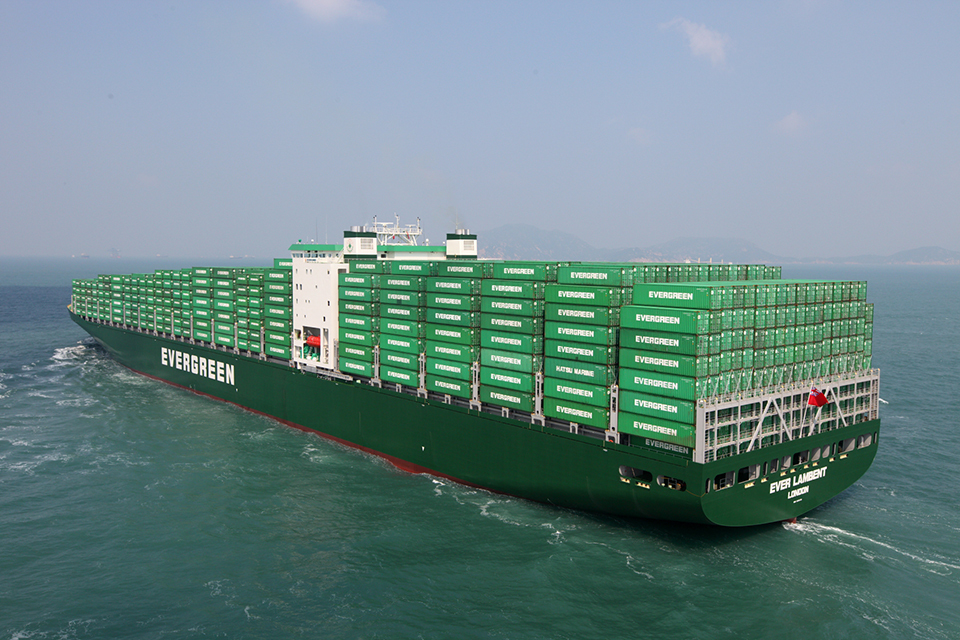- UK to hold first international summit to address impact of COVID-19 on crew changes
- government will call on the international community to come together to ensure swift repatriation
- estimated 200,000 seafarers due to change over, with concerns around the impact on wellbeing
Marking the International Day of the Seafarer, the UK government on Thursday (25 June 2020) announced it will host the first international summit on the impact of COVID-19 on crew changes next month, bringing together UN, political and business leaders from across the globe.

Led by UK Maritime Minister Kelly Tolhurst, the event will take place virtually and will be an opportunity to reflect on the impact of the pandemic on the global shipping industry, and what governments and industry must do to protect the welfare of crew workers around the world.
In a special address, Kitack Lim, the UN Secretary General of the International Maritime Organization (IMO), is expected to highlight the humanitarian need to safeguard workers across the seas and states’ duties to repatriate workers swiftly.
Day of the seafarers
Due to the unprecedented impact of COVID-19 on countries around the globe, with many shutting down borders, it is now estimated there are more than 1.2 million seafarers at sea at any one time and currently 200,000 seafarers due to change over, including up to 2,000 from the UK.
Maritime Minister Kelly Tolhurst said:
Seafarers have worked tirelessly during this pandemic to ensure people across the globe can access the essential food, medicine and supplies we all need, but thousands have been left with no way of coming ashore when faced with border restrictions.
This government has helped more than 7,000 crew get home back to their loved ones across the world, regardless of nationality or circumstance.
I hope that this meeting will be a reminder of the international collaboration required by all states to bring people home.
Many crews have had their contracts extended but this is not a long-term solution, with many seafarers on board a ship for months despite having had no contact with coronavirus and posing no risk.
To ensure their swift repatriation, and to safeguard workers’ mental health, the Maritime Minister wrote to the IMO, the International Labour Organisation and the World Health Organisation at the start of the outbreak on 23 March pressing that all states follow the UK’s work in repatriating workers regardless of their nationality or employment.
The UK has remained open for seafarers to come and either stay on vessels, go ashore, take shore leave or be repatriated, abiding by Public Health England requirements and social distancing.
Guy Platten, Secretary General of the International Chamber of Shipping (ICS), said:
"We welcome the announcement to hold a virtual summit on this critical crew change issue. The fragile supply chain and global trade is now at threat of logjam due to government inaction and bureaucracy. Government leaders must cut through the bureaucracy, lift the continuing imposition of travel restrictions on these key workers and focus on this issue now.
The solutions do not need money; they do not even need complicated negotiations, this is simple. The leadership provided by the UK to cut through this red tape is just the sort of initiative that is needed to free the thousands of seafarers who are trapped onboard ships across the world."
This meeting, set up by the UK Maritime Minister, is a unique collaboration between the UK government, UN through the IMO, ICS and key international trade association to help all countries pull together to ensure that crew workers – regardless of nationality – are repatriated as swiftly as possible.
In the UK, more than 7,000 cruise ship workers have been repatriated since the pandemic began.
Source: gov.uk